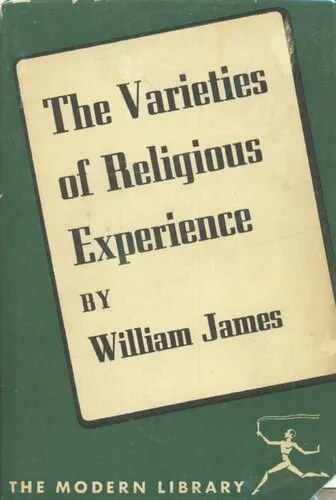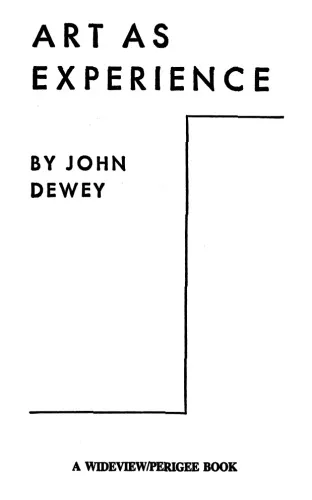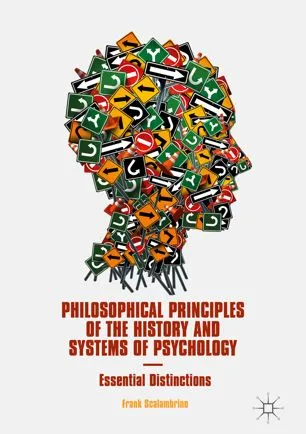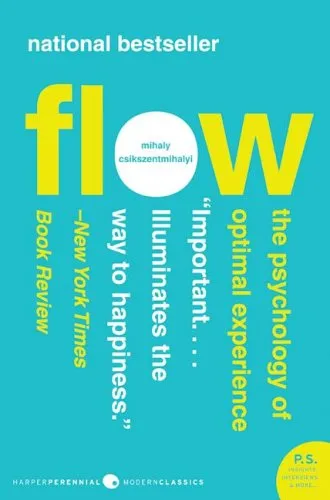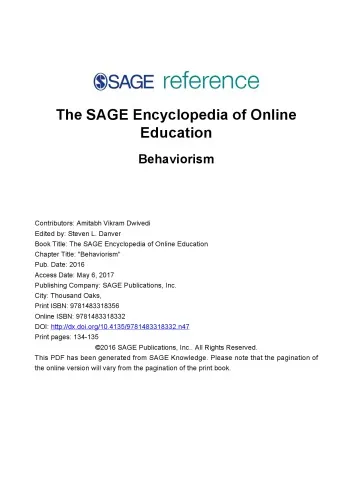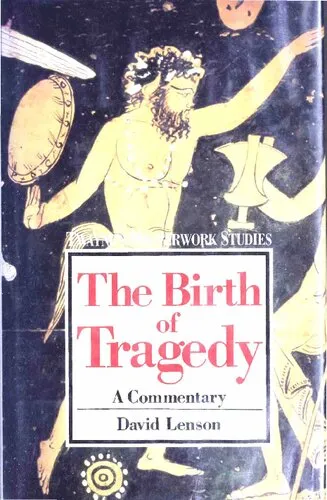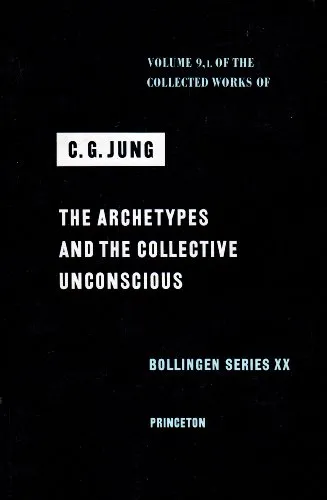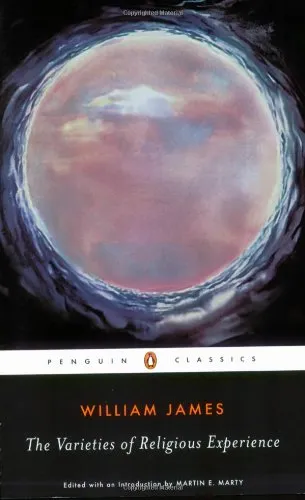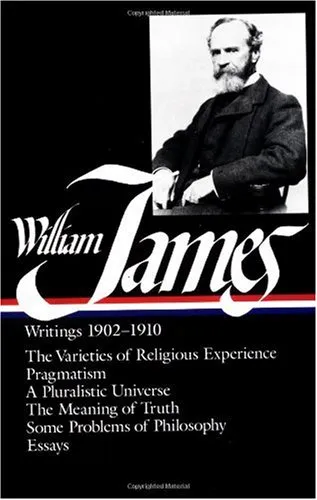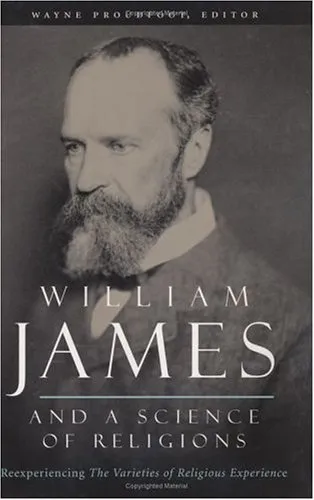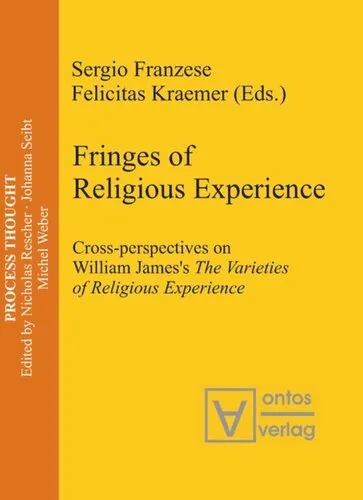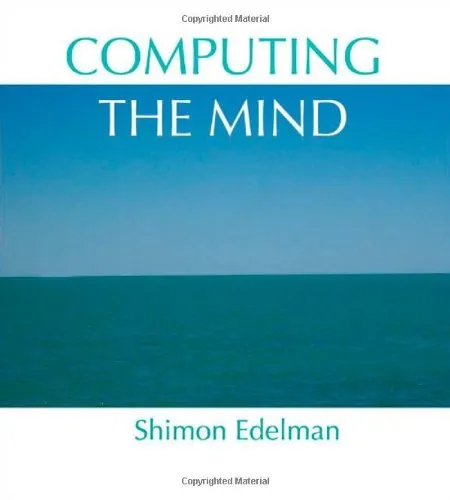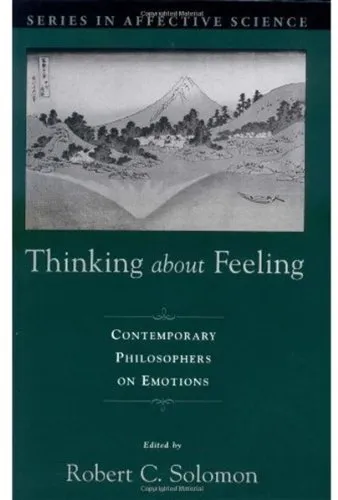The Varieties of Religious Experience: A Study in Human Nature
4.5
Reviews from our users

You Can Ask your questions from this book's AI after Login
Each download or ask from book AI costs 2 points. To earn more free points, please visit the Points Guide Page and complete some valuable actions.Related Refrences:
Introduction to 'The Varieties of Religious Experience: A Study in Human Nature'
William James' pioneering work, 'The Varieties of Religious Experience: A Study in Human Nature,' is a seminal text exploring religious life, psychological insights, and human consciousness from a pragmatic perspective. Originally delivered as the Gifford Lectures on Natural Theology at the University of Edinburgh between 1901 and 1902, this monumental series of talks was later compiled into the volume that remains influential today.
In this extraordinary investigation, James diverts from traditional theological discussions and approaches religion as a subjective phenomenon experienced at the individual level. By examining personal accounts, he offers readers a unique perspective that traverses the landscape of spiritual experiences and psychological phenomena.
Detailed Summary of the Book
The book is divided into several lectures, each serving as a chapter delving into different aspects of religion from primarily a psychological standpoint. James categorizes religious experiences as a variety of psychic states and situates his analysis within the framework of psychological study rather than theological discourse.
James begins by discussing the personal and subjective nature of religion and suggests that individual experiences are rich sources for understanding religious life. He then classifies various forms of religious experiences, detailing the ecstatic states, visions, and profound illuminations that have historically influenced mystics, saints, and ordinary believers.
One of the significant themes of the book is the distinction between healthy-mindedness and the sick soul, which James explores to understand how different temperaments interpret religious doctrines and experiences. He emphasizes the "divided self" and the transformative journey toward unification, often achieved through religious experiences, resulting in a more profound sense of self and connection.
Throughout the lectures, James does not advocate for any single religious viewpoint or doctrine. Instead, he provides a pluralistic understanding of spirituality, suggesting that every experience deserves examination based on its pragmatic implications and its power to transform the individual's understanding and experience of the world.
Key Takeaways
- Religious experiences are deeply personal and subjective, varying widely across different individuals and cultures.
- Psychological analysis provides a viable framework to explore religious phenomena without necessarily invoking theological positions.
- Personal transformation and unification of the self are central components of religious experience.
- James charts a course between scientific skepticism and religious belief, offering insights that are still relevant in contemporary discussions.
Famous Quotes from the Book
"The greatest discovery of any generation is that a human can alter his life by altering his attitude."
"Religion, whatever it is, is a man's total reaction upon life."
"What keeps religion going is something that runs through many social forms, inherently excessive, feverish, adrift, and lead on by steady stars."
Why This Book Matters
"The Varieties of Religious Experience" is a foundational text in both psychology and religious studies, bridging the two disciplines. Its importance lies not only in the depth of its analysis but also in its embrace of diversity in religious thought, which broadens the scope of understanding spirituality beyond conventional boundaries.
William James' work is particularly vital for its progressive approach to understanding human nature. It invites readers to appreciate the nuances of experience, recognize the potential for transformation, and accept the multiplicity of ways humans comprehend the religious dimension. By incorporating psychological perspectives, James enables a broader dialogue about individual and collective beliefs, making it an essential read for anyone interested in the intersection of psychology, philosophy, and religion.
Free Direct Download
You Can Download this book after Login
Accessing books through legal platforms and public libraries not only supports the rights of authors and publishers but also contributes to the sustainability of reading culture. Before downloading, please take a moment to consider these options.
Find this book on other platforms:
WorldCat helps you find books in libraries worldwide.
See ratings, reviews, and discussions on Goodreads.
Find and buy rare or used books on AbeBooks.
1465
بازدید4.5
امتیاز0
نظر98%
رضایتReviews:
4.5
Based on 0 users review
Questions & Answers
Ask questions about this book or help others by answering
No questions yet. Be the first to ask!
